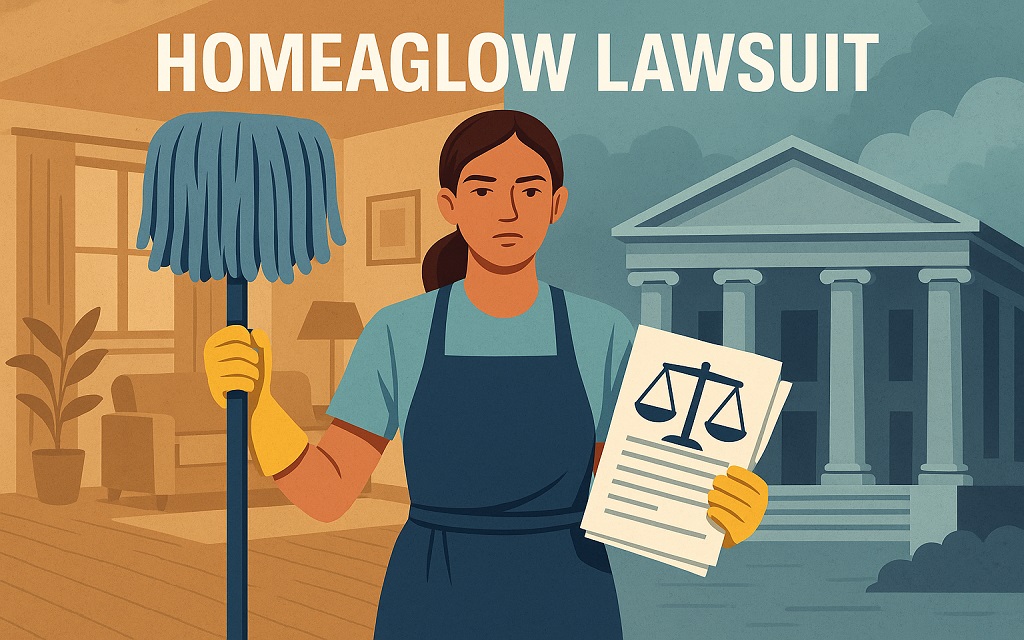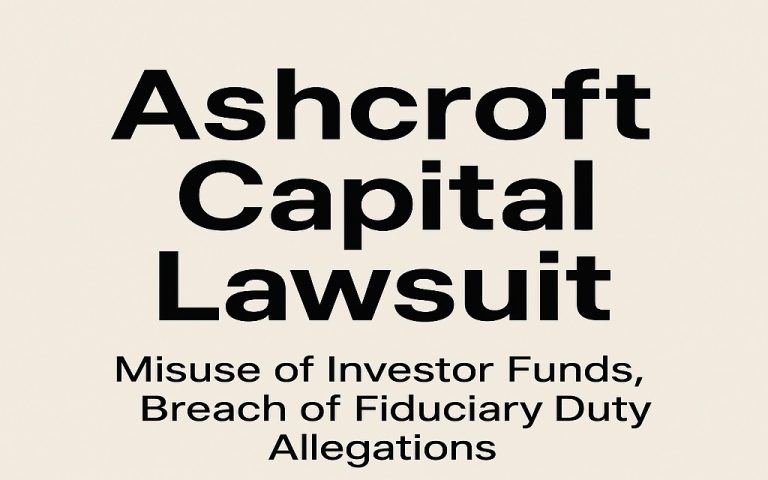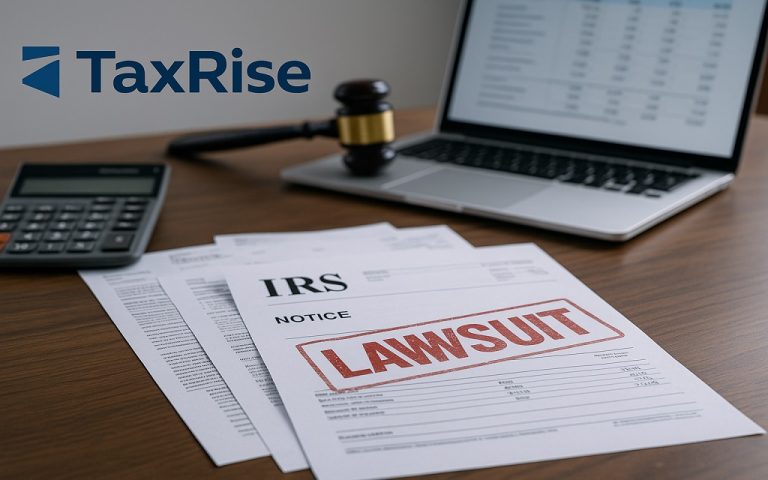If you’ve heard about the Homeaglow lawsuit and want to know what’s going on, you’re not alone. This legal case is making headlines as cleaners across the U.S. challenge their treatment by the popular home cleaning platform. Regarding gig economy labour rights, the complaint highlights essential issues, including unpaid pay and dubious employment categorisation. This book explains all you need to know, whether you’re a customer, cleaner, or simply interested in the future of gig employment.
Table of Contents
- What Is the Homeaglow Lawsuit?
- Background: How Homeaglow Works
- Key Allegations in the Class Action Lawsuit
- Worker Misclassification: The Core Legal Issue
- Wage Theft and Labor Rights Violations
- Arbitration Clause Controversy
- Legal Proceedings Timeline and Updates
- Homeaglow’s Response and Public Statements
- Federal vs. State Employment Law Conflicts
- What Cleaners and Workers Should Know
- How to Join the Homeaglow Class Action
- Legal Implications for the Gig Economy
- Frequently Asked Questions
What Is the Homeaglow Lawsuit?
The Homeaglow lawsuit refers to a legal battle in which the cleaning service platform faces class action claims for misclassifying workers as independent contractors rather than employees. Cleaners allege they were denied fair wages, benefits, and labor protections under both federal and state employment laws.
Background: How Homeaglow Works
Homeaglow operates as an online marketplace connecting homeowners with freelance cleaners. Clients book cleaners via the app, while workers handle the actual cleaning jobs without traditional employment contracts. The company sets pricing, assigns jobs, collects payments, and enforces ratings-based performance metrics.
Although marketed as an independent contractor opportunity, many workers argue that the level of control Homeaglow exercises contradicts actual independent status.
Key Allegations in the Class Action Lawsuit
The Homeaglow class action, filed in California, alleges the following:
- Misclassification of workers as contractors
- Failure to pay minimum wage and overtime
- Unpaid wait time between jobs
- Lack of benefits like health insurance, sick leave, or workers’ comp
- Withholding tips or unfair deductions
- Enforcing mandatory arbitration agreements that limit workers’ rights
These claims highlight systemic violations of both California labor codes and the Fair Labor Standards Act (FLSA).
Worker Misclassification: The Core Legal Issue
The central legal argument in the Homeaglow lawsuit hinges on worker misclassification. Plaintiffs argue they meet the criteria of employees under California’s ABC Test, which includes:
- The worker is free from control and direction
- The work is outside the usual business of the hiring entity
- The worker is customarily engaged in an independent trade
Since cleaners are integral to Homeaglow’s business and are subject to control (e.g., job acceptance restrictions, platform penalties), the plaintiffs argue the company cannot legally label them as independent contractors.
Read Must: 72 Sold Lawsuit: Latest Updates, Claims & What Sellers Should Know
Wage Theft and Labor Rights Violations
The lawsuit includes specific wage-related allegations:
- Failure to pay minimum wage across all hours worked
- No compensation for travel time or job preparation
- Tip misappropriation and unclear fee deductions
Many cleaners report being underpaid or not paid at all when customers cancel their appointments. They also allege that they often wait for long hours for bookings that never materialize, without receiving compensation.
Arbitration Clause Controversy
Homeaglow’s mandatory arbitration clause requires cleaners to resolve disputes through private arbitration rather than in court. This clause has been a significant point of contention:
- In 2023, a federal court initially dismissed the lawsuit due to the arbitration agreement
- Plaintiffs appealed, arguing the clause was unconscionable and violated California labor rights
- A subsequent filing attempted to revive the class action by highlighting broader labor code violations
The arbitration battle highlights a growing trend in gig economy lawsuits, where companies seek to shield themselves from collective worker action.
Legal Proceedings Timeline and Updates
- April 2023: Lawsuit filed in California court
- August 2023: The Judge dismissed claims, citing the arbitration clause
- Late 2023: Plaintiffs refile and challenge the enforceability of the arbitration.
- Early 2024: California appeals court hears arguments regarding class certification
- 2025 (Current): Case remains active with motions to compel discovery and review arbitration fairness
As of June 2025, the lawsuit has not been dismissed permanently, and the class action status remains under judicial review.
Homeaglow’s Response and Public Statements
Homeaglow has denied wrongdoing. The company asserts that cleaners willingly agreed to independent contractor terms and that their model promotes flexibility and entrepreneurial freedom. In public statements, they claim:
- Cleaners choose their hours
- Rates are competitive
- The platform complies with all legal requirements
Still, critics argue that this narrative sidesteps the realities of algorithmic control and the manipulation of pay structures.
Federal vs. State Employment Law Conflicts
The case highlights tensions between:
- Federal law (FLSA): Which sets broad worker protections
- California’s ABC Test: Which is stricter and more employee-friendly
At the federal level, courts often apply the economic reality test, which determines whether a worker is economically dependent on their employer. In contrast, the ABC Test presumes worker status as an employee unless the company proves otherwise.
The Homeaglow lawsuit could shape how future courts navigate conflicting employment law frameworks.
What Cleaners and Workers Should Know
If you’ve worked for Homeaglow, here are the key takeaways:
- You may be eligible for back pay, damages, or reclassification
- Arbitration agreements may not entirely prevent collective legal action
- Document hours, job details, communications, and wage records
- Seek legal advice to understand your rights under labor law
How to Join the Homeaglow Class Action
If you believe Homeaglow has misclassified you, consider the following steps:
- Contact a labor attorney familiar with gig economy litigation
- Gather documentation: job history, contracts, payment records
- Join existing class action claims (if certified)
- Monitor case updates via legal platforms or court portals
Several labor law firms are actively investigating Homeaglow cases and accepting inquiries from affected cleaners.
Legal Implications for the Gig Economy
The Homeaglow lawsuit is not an isolated case. It reflects a broader pattern where gig platforms face lawsuits over:
- Worker classification
- Wage and hour violations
- Arbitration clauses
Recent similar lawsuits include:
- Uber & Lyft (AB5 law challenges)
- Instacart & DoorDash (delivery driver classification)
- Handy (another home service platform with nearly identical claims)
Legal analysts warn that if Homeaglow loses, it could force other platforms to restructure their worker relationships—and may trigger stricter regulatory oversight of the gig economy.
Frequently Asked Questions
Is Homeaglow being sued in 2025?
Yes, legal proceedings are ongoing. The class action lawsuit remains active in California.
What is the basis of the lawsuit?
Worker misclassification, unpaid wages, and violation of state and federal labor laws.
Can I join the lawsuit if I worked in another state?
Yes, but eligibility may vary depending on state labor laws and whether federal claims are pursued.
What happens if arbitration is enforced?
Your case may be subject to individual arbitration, but recent legal developments suggest that courts may permit class-wide challenges.
How can I get legal help?
Contact law firms specializing in labor law class actions or platforms like ConsumerShield, which track lawsuits involving gig workers.
Conclusion
Overall, the Homeaglow lawsuit marks a significant legal milestone in the treatment of gig workers under U.S. labor laws. With active court challenges and a growing push for gig worker protections, this case could reshape how platforms classify and compensate service providers. Cleaners, legal professionals, and labor rights advocates should continue to monitor developments closely.
If you believe you’ve been impacted, consult a qualified attorney and stay informed about class action participation opportunities.
Disclaimer: This article provides a general overview of the Homeaglow Lawsuit, based on publicly available information, and is intended for informational purposes only. It does not constitute legal advice.
Musarat Bano is a content writer for JudicialOcean.com who covers lawsuits, legal news, and general legal topics. Her work focuses on research-based, informational content developed from publicly available sources and is intended to support public awareness. She does not provide legal advice or professional legal services.




